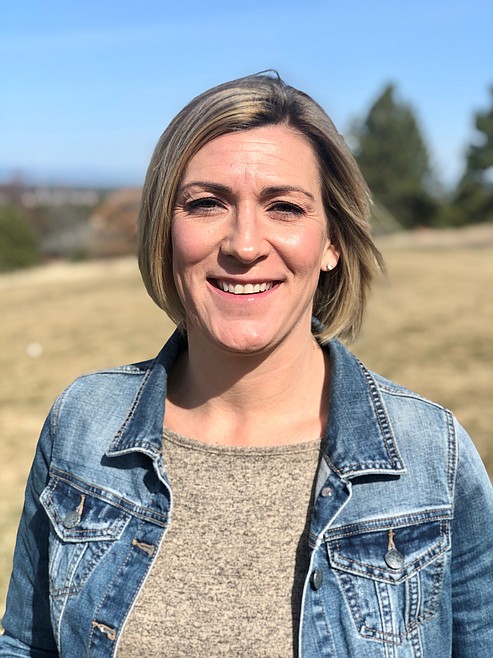Op-Ed: When will enough be enough?
Two weeks ago, a 19-year-old woman was forced to detail her sexual assault by an Idaho legislator in front of the Idaho Ethics Committee despite having already reported her rape to the appropriate authorities. But this young woman’s nightmare did not end there. Two other Idaho Representatives chose to revictimize her and encouraged others to join them in the usual victim-blaming behaviors survivors know all too well.
One representative even sought information on how to criminally charge the young woman for bravely coming forward and reporting her rape. Another representative publicly released her name, photos and personal information. The woman was then viciously attacked as she left the committee hearing after detailing one of the darkest moments of her life.
I guess enough wasn’t enough.
In my work leading a victim service agency, one of the most common questions I hear is, “Why didn’t the victim report what happened to the police?” Or “Why didn’t she come forward sooner?” Idaho, this is why: Victims fear retaliation, that they will not be believed, and that their identities will not be protected. The data bears this out. Three out of four victims of sexual violence never report what happened to them. Furthermore, a study from the Idaho State Police shows that for those who do report, only 19% of those cases result in an arrest compared to 50% arrest rates for other violent crimes. Victims are left with no recourse.
It’s time we start believing survivors! Not just when there is overwhelming evidence to back their story, or when someone else sees it happen. It’s time we start believing them the first time they tell someone. It’s time we support them when they come forward and appreciate how brave they are for sharing this information with us. Because the staggering truth is, 1 in 4 Idaho women will be a victim of sexual violence in their lifetime. The next time you are at a coffee shop or with your family, think about this: chances are at least one woman in that room has been a victim and most likely has never told a soul for fear of what would happen. The actions of those representatives and the citizens who harassed Jane Doe confirm what all survivors are worried about: “No one will believe me.”
It’s time we stand together as a community and really support survivors. Their safety and wellbeing should not be politicized. Survivors’ stories should not be used to smear, harass or revictimize them. Survivors come from all demographics — children, women and men of all ages, races, socioeconomic classes, political views and religions. So do the perpetrators. Sexual violence does not know political lines, so we should not allow protecting victims to become a political issue. When we do so, we harm everyone. If we continue to turn a blind eye to the actions of people like those representatives, we become complicit in the violence perpetrated against victims.
Enough is enough.
• • •
Chauntelle Lieske is the executive director of Safe Passage.

